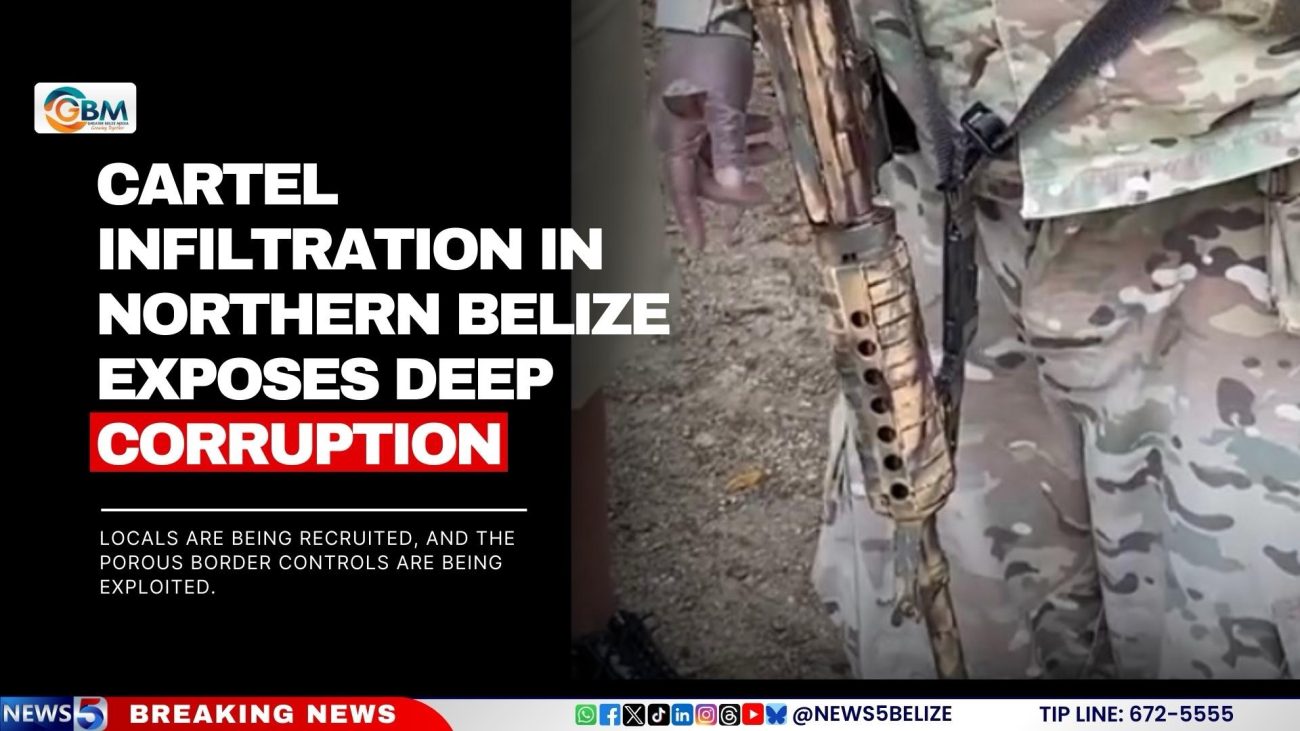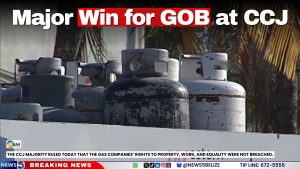Cartel Infiltration in Northern Belize Exposes Deep Corruption
Reports suggest cartel-linked activities are taking root in several northern villages, where organised groups are allegedly embedding themselves in rural communities.
Locals are being recruited, and the porous border controls are being exploited.
We are told that Belize is at risk of becoming a secondary hub for Mexican cartels if urgent action is not taken.
Sources say that Mexican nationals tied to organised crime are being facilitated into northern communities, where they engage in extortion, smuggling, and small-scale drug and arms trafficking. Armed men have been spotted in villages, often changing vehicles to evade detection. Residents report an atmosphere of intimidation, with some being coerced into cooperating.
Most troubling are allegations that elements within law enforcement are enabling cartel operations. Witnesses describe cash transactions between suspected cartel figures and police officers. This has raised questions about the extent of corruption in the security forces.
Concerns about police entanglement with cartels are not new. Earlier this year, the former Commissioner of Police openly admitted that some officers were compromised, even suggesting that repeated reshuffles of personnel in the north were necessary because of intelligence linking them to organised crime. He warned, “If you decided to lie with dogs, you’re going to catch their fleas. If you get yourself entangled with the cartel, then you must suffer the consequences of it.”
In March, he went further, confirming that an officer wanted in connection with drug operations in Corozal was a member of the police department on leave. He was blunt about the risks of allowing corrupt officers to remain in uniform: “You can’t be a cartel and be a police at the same time. You have to decide what you want to be.” He called for dismissals rather than transfers, warning that relocating corrupt officers only spreads the problem.
By April, a veteran officer was dismissed after 21 years of service amid allegations of cartel ties, following his name surfacing in connection with the death of Raheem Usher. The former police commissioner acknowledged that while direct evidence was limited, long-standing suspicions and internal concerns about the officer’s associations made it untenable to keep him in the force.
These developments paint a picture of a security apparatus struggling to contain criminal infiltration. Cartel factions appear to be adopting a two-pronged strategy in Belize: one using intimidation and sporadic violence, the other quietly building logistics, recruitment networks, and influence. Recent killings tied to suspected cartel enforcement actions further underscore the risks.
Meanwhile, allegations of large-scale smuggling through the Corozal Free Zone add another layer of concern. Sources claim there is a large-scale movement of illicit goods, including narcotics, with alleged assistance from insiders in both business and law enforcement.






Facebook Comments